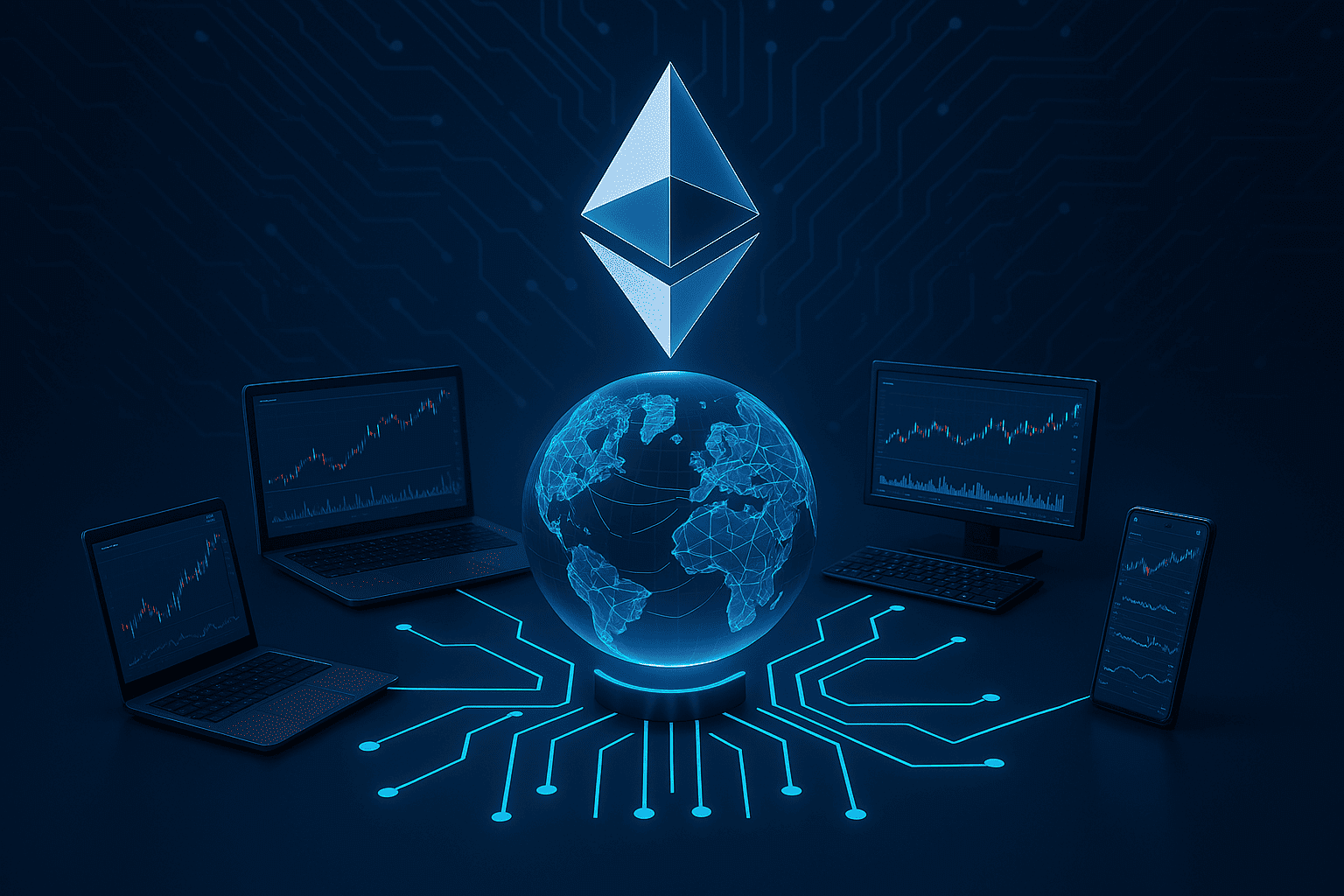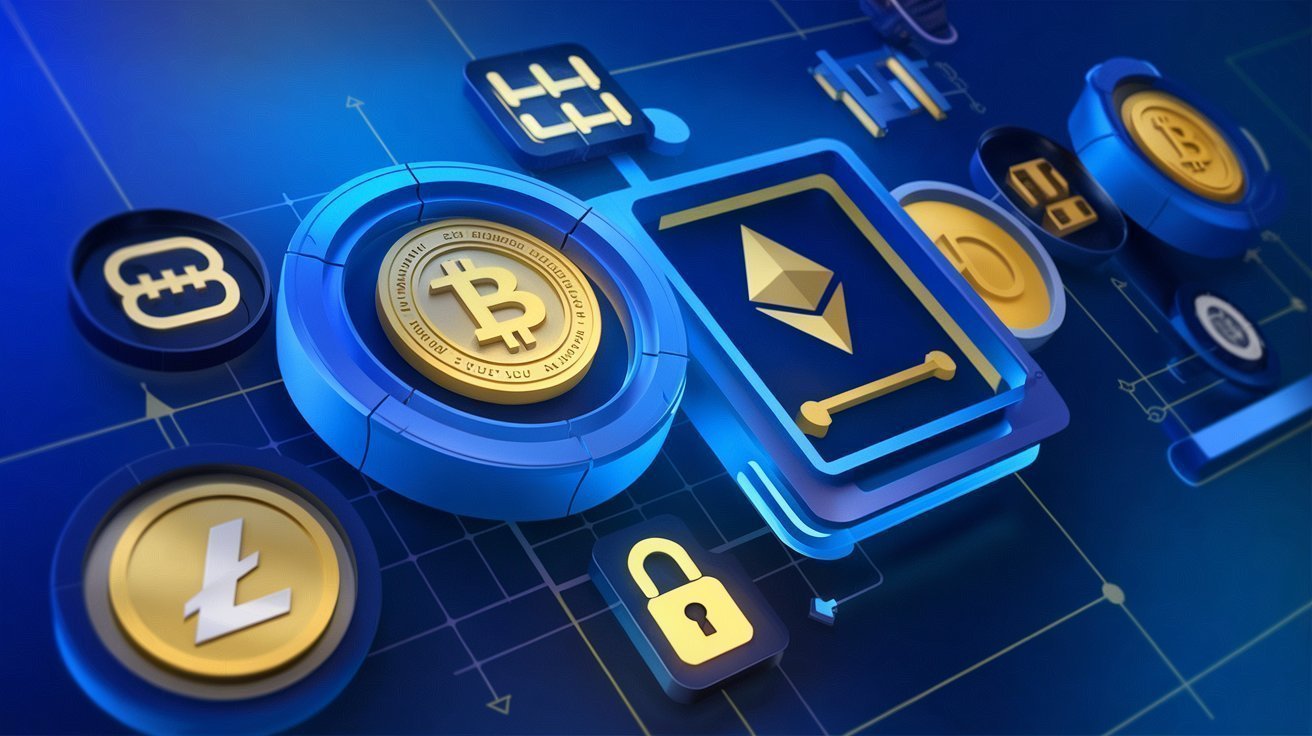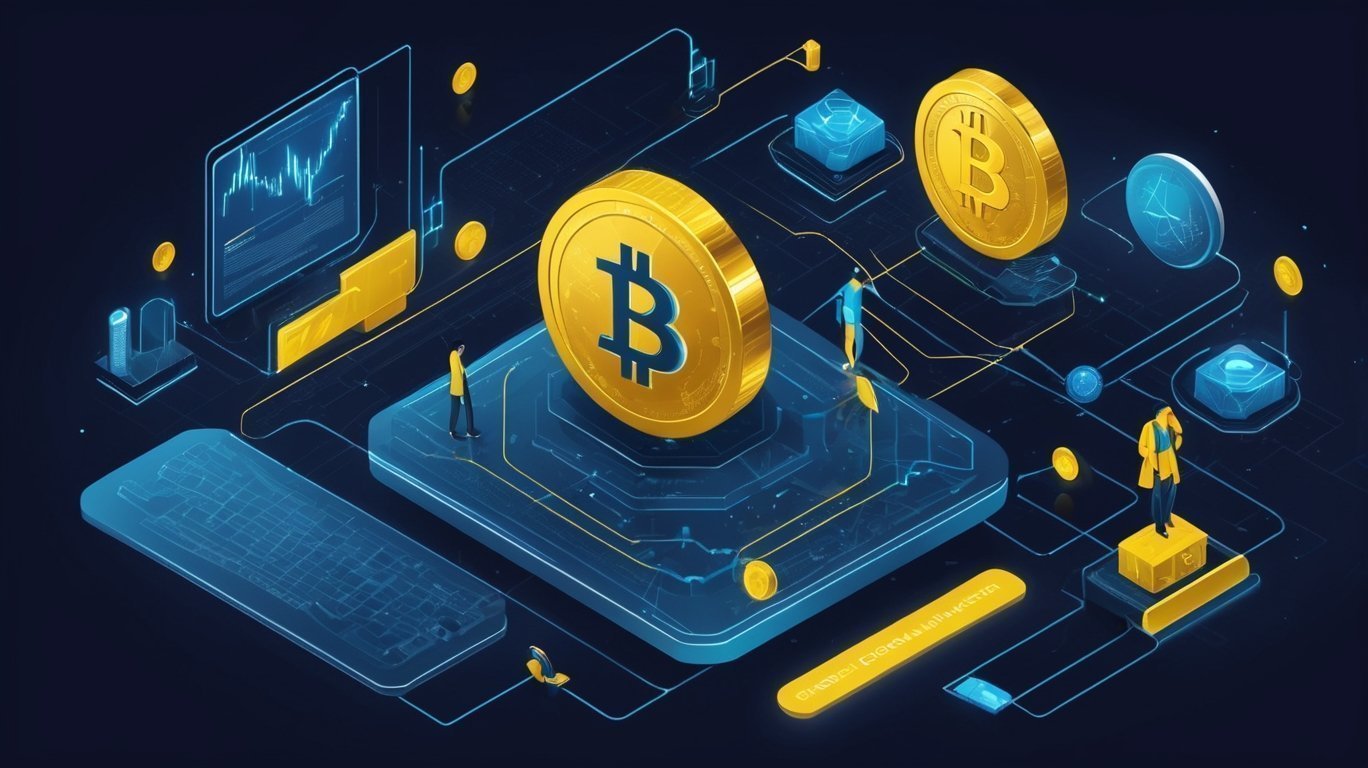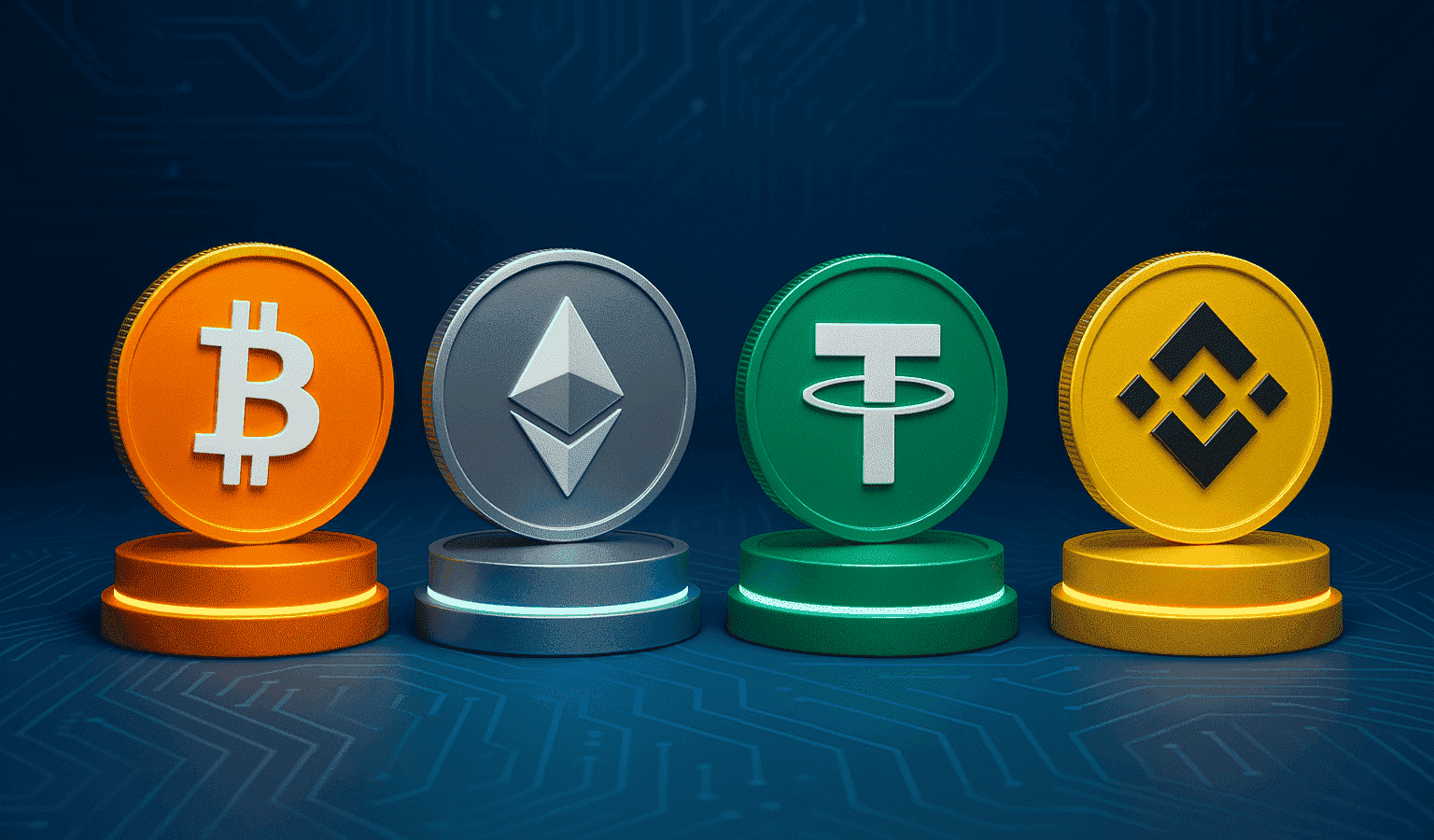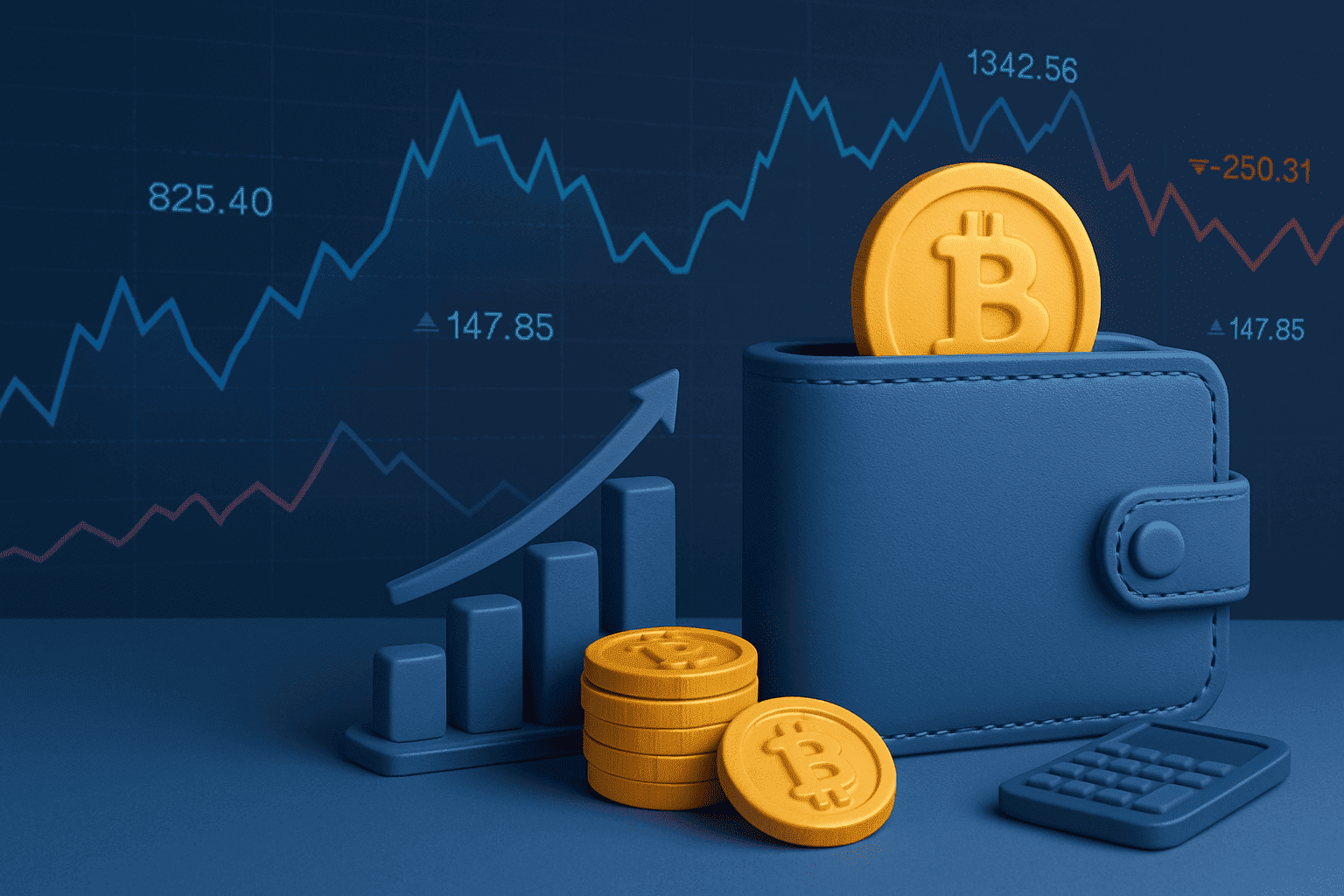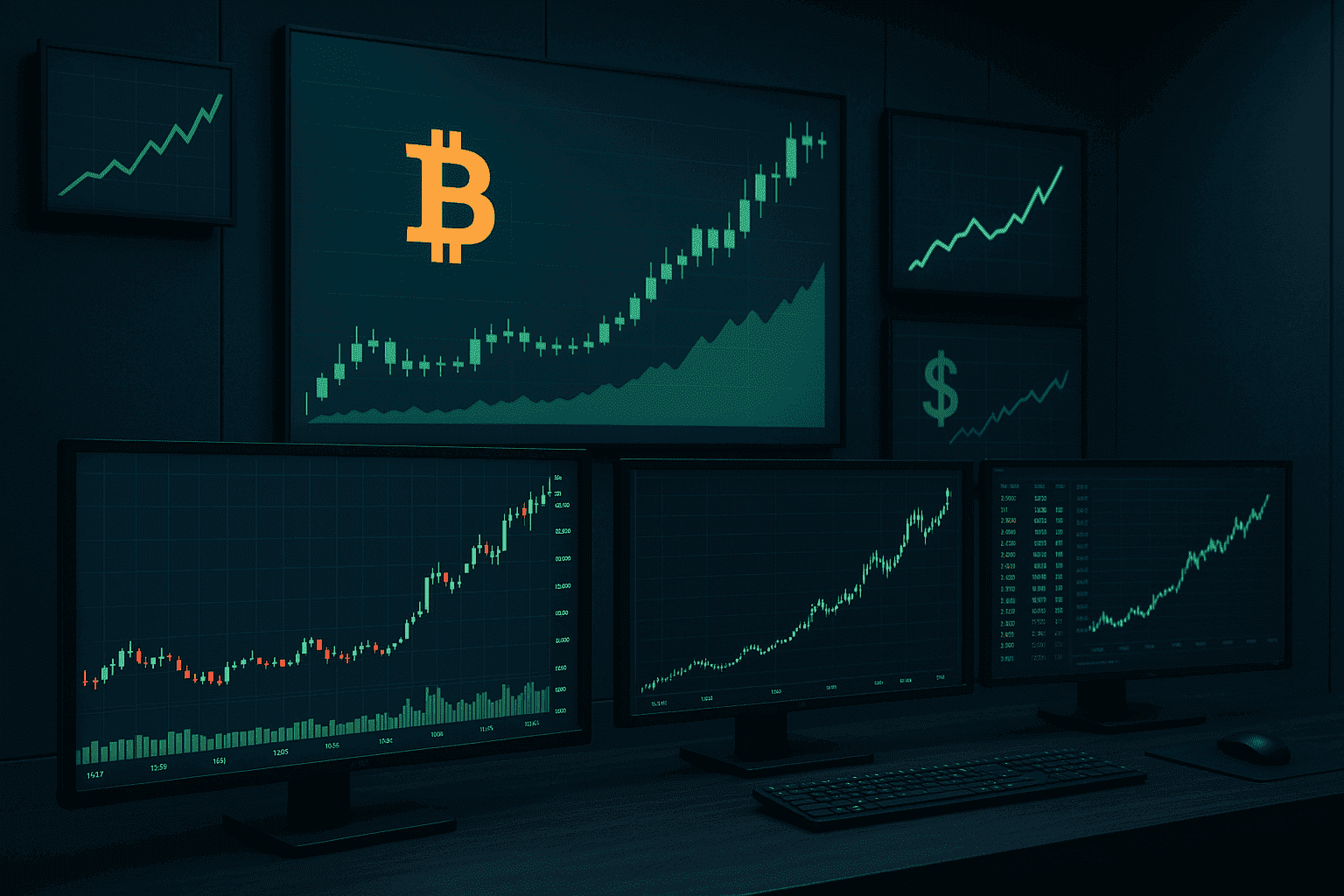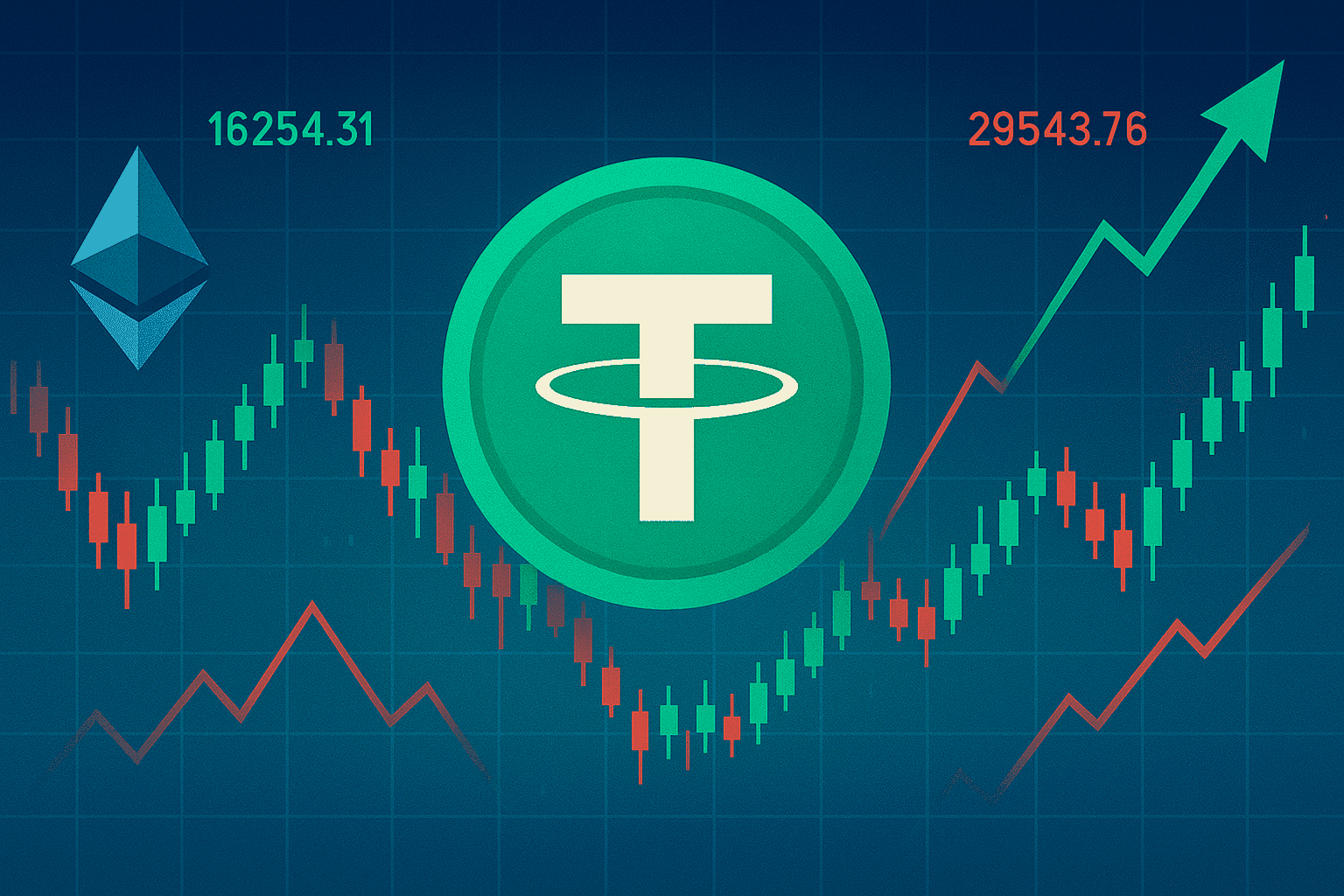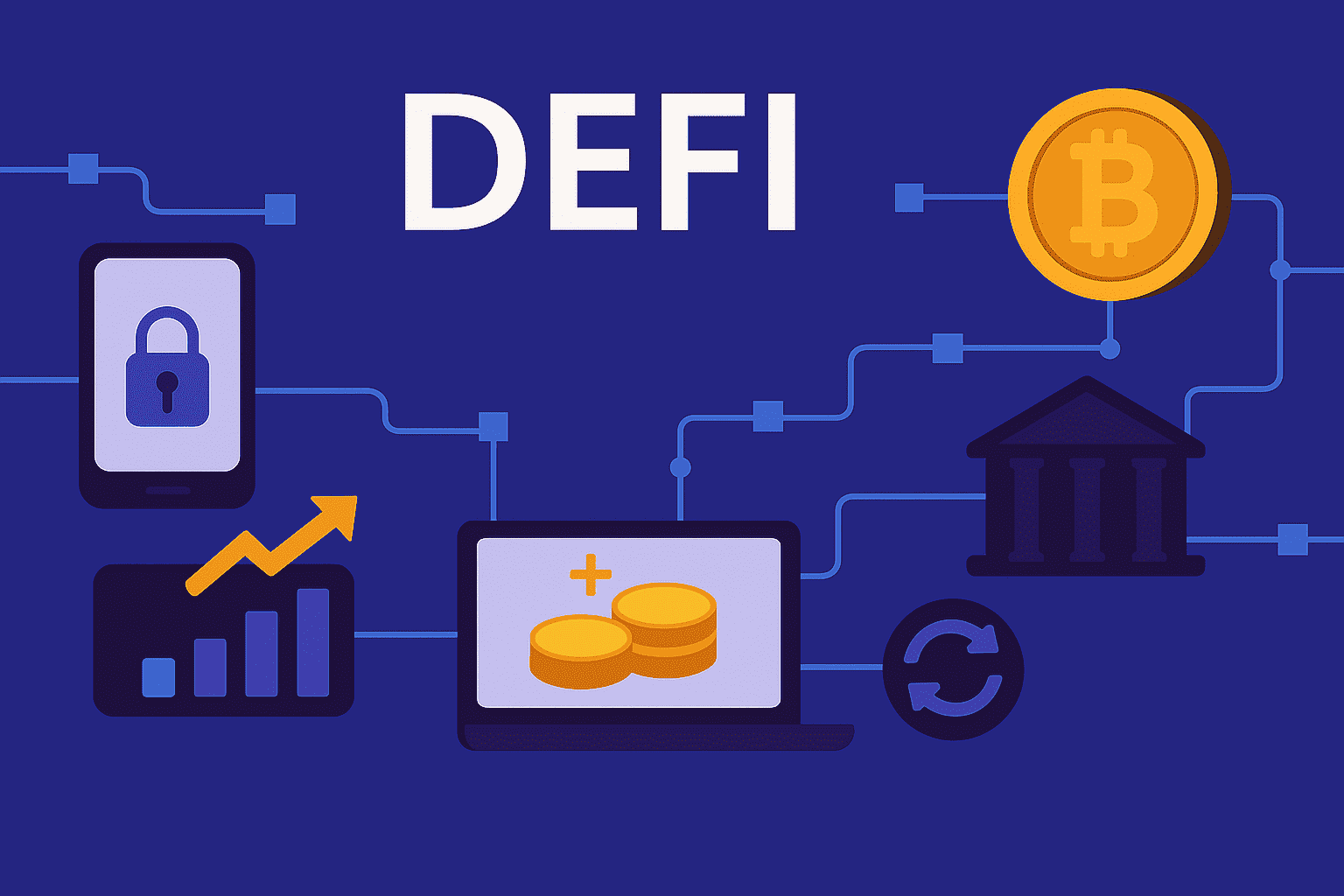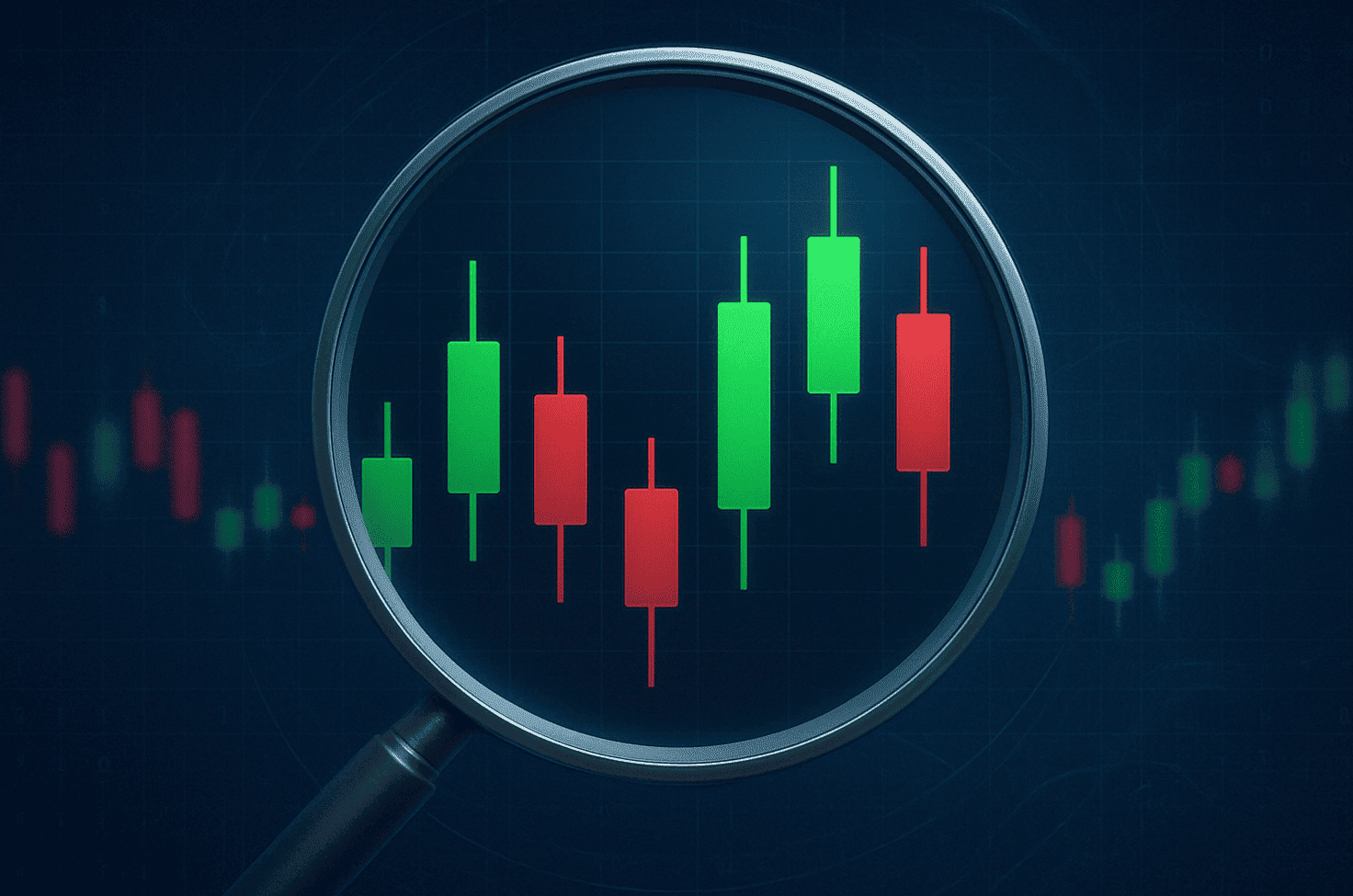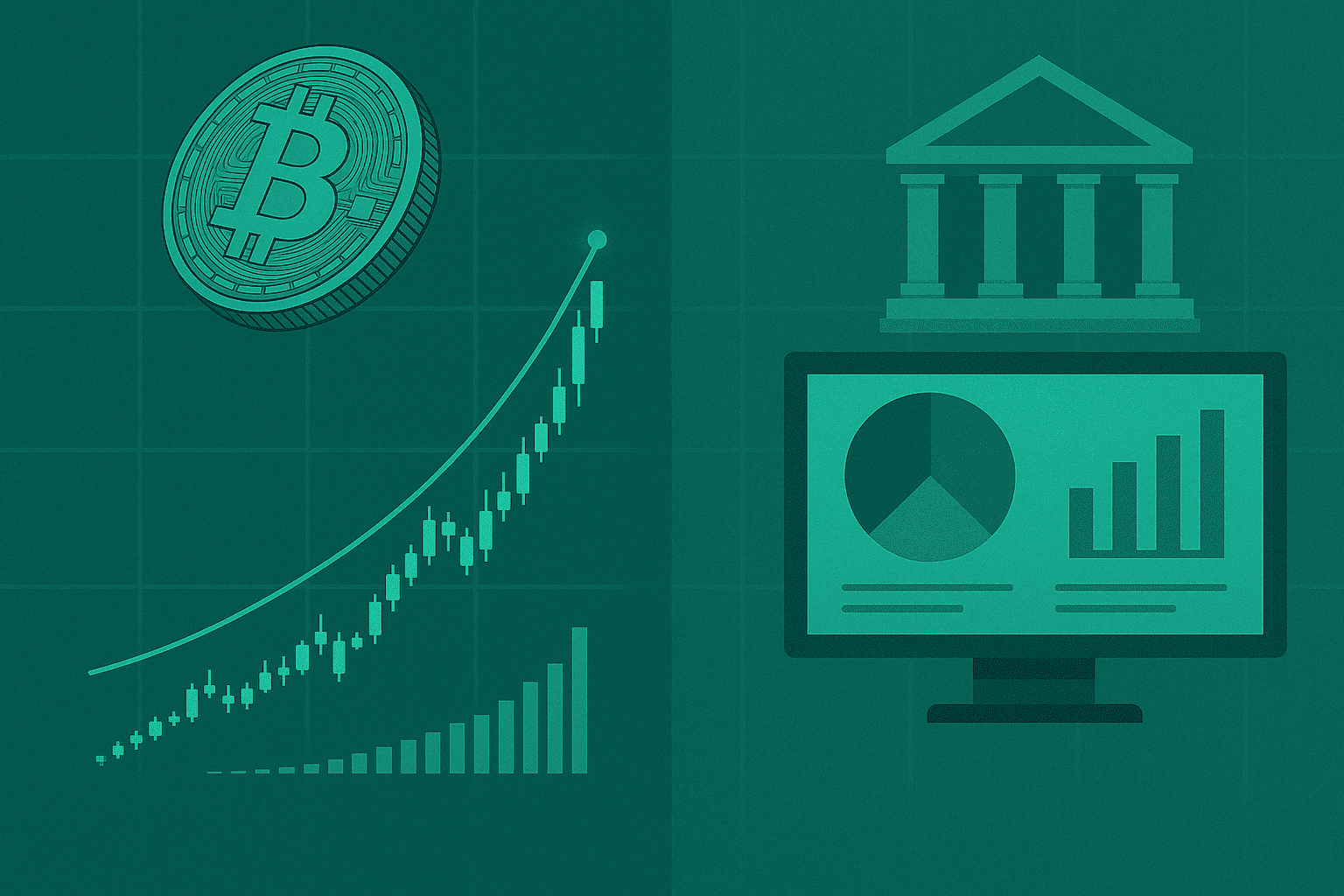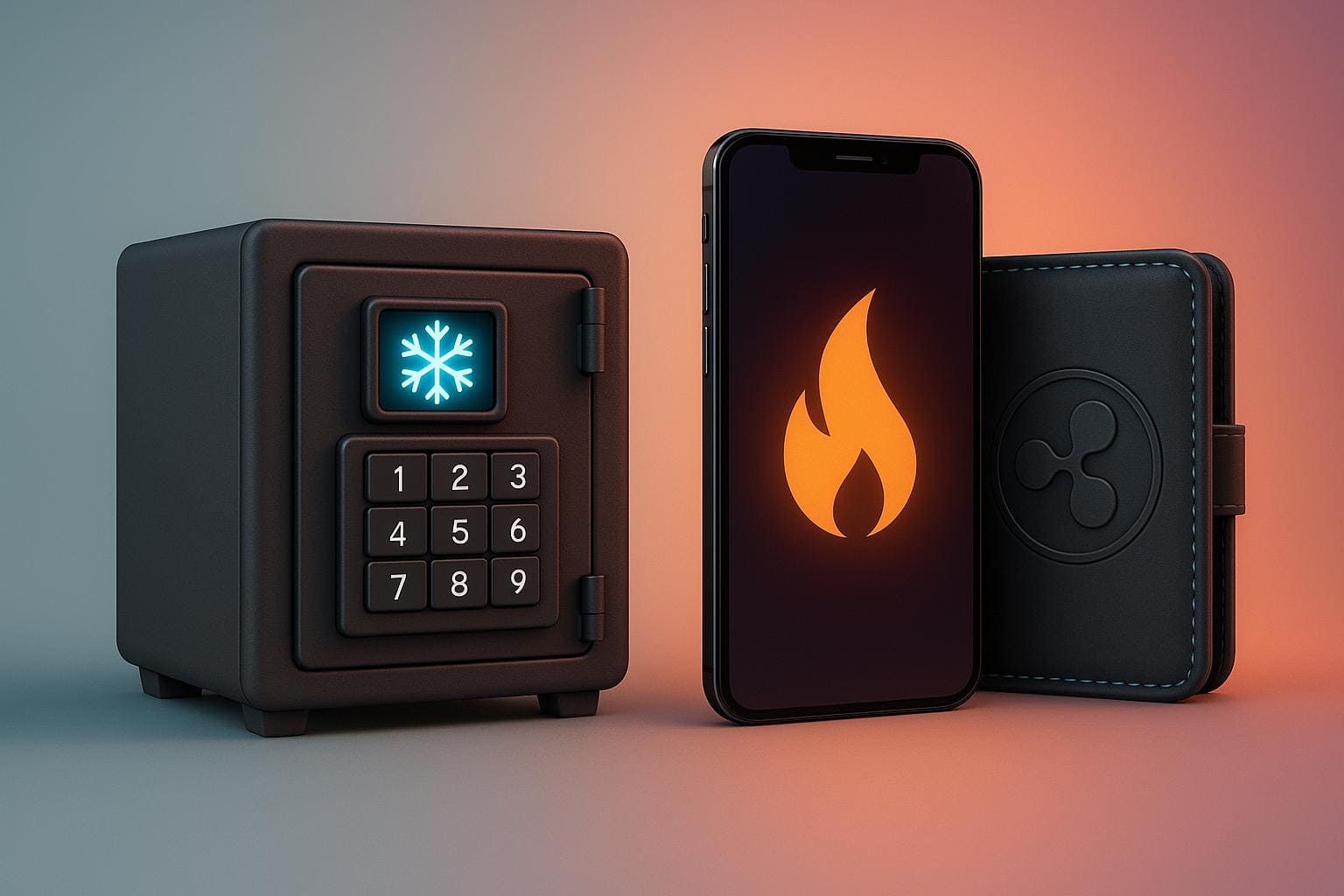As Bitcoin and other digital assets grow in popularity, many wonder what sets cryptocurrencies apart from conventional financial tools. One of the key factors is decentralization – the absence of a central authority capable of dictating terms or restricting access. This concept is not always clear to beginners, used to traditional banks where all power is concentrated in one place.
In this text, we’ll examine why decentralization is so beneficial to the crypto market and why it’s crucial for Bitcoin and Ethereum. We’ll explore how it affects security, volatility, and the evolution of blockchain technology. We’ll also look into where to buy Bitcoin profitably if its own network is decentralized, and why we need reliable crypto exchangers offering a low exchange fee. We’ll discuss how to choose an exchanger, when to use USDT exchangers, and how various fiat-to-crypto exchange formats differ. We hope this clarifies the essence of decentralized tech and helps make more informed investing decisions.
What does “decentralization” even mean?
Decentralization is an organizational principle where there is no single “center” directing everything. Instead, control and decisions are distributed among many participants. For instance, in traditional banking, a single institution can freeze your account or block transactions at will.
In the context of cryptocurrencies, decentralization means the blockchain (e.g., Bitcoin or Ethereum) is maintained by a global network of independent nodes. No single bank, government, or service can unilaterally alter coin issuance rules or rewrite transaction records. This empowers users to hold their funds without intermediaries, but it also demands personal responsibility for safeguarding private keys.
Why do cryptocurrencies need decentralization?
Firstly, it offers freedom and independence from traditional banking constraints. By using a system that lacks a single controlling entity, you have greater control over your coins and transactions. Secondly, decentralization boosts network reliability: instead of a single point of failure or hacking target, tens of thousands of nodes store identical copies of the ledger. Any fraudulent block is immediately rejected by honest participants.
Furthermore, decentralization drives ecosystem growth: anyone can introduce a new project (DeFi products, NFTs, games, social platforms, etc.) on an existing blockchain without central approval. This increases the appeal of cryptocurrencies to investors and traders seeking where to buy Bitcoin profitably or explore new financial instruments. The competition of a decentralized market leads to numerous top crypto exchangers offering different conditions, including low exchange fees and a wide range of coins.
How does decentralization work in blockchain?
Technically, it’s realized through consensus algorithms (Proof of Work, Proof of Stake, etc.), distributed data storage, and independent global nodes. Each node holds a copy of the chain and verifies that new blocks adhere to network rules. If someone attempts to modify blocks or claim unearned coins, other nodes simply don’t accept that “fake” data, thwarting such a scam.
Thus, no one can arbitrarily “print” extra coins or revert transaction history. Some projects may be more centralized if founders or major holders wield disproportionate influence, but classical systems like Bitcoin, Ethereum strive to spread authority widely, minimizing these risks.
Why do we need exchangers if the network is decentralized?
Although Bitcoin or Ethereum operate without a “bank,” people generally need external platforms to buy or sell coins for fiat currencies (USD, EUR). These can be centralized exchanges/exchangers or decentralized DEX protocols. Users curious about where to buy Bitcoin profitably often rely on services that enable fiat-to-crypto exchange.
A DEX may grant more privacy and no KYC, but it can have lower liquidity and a more complex interface. Centralized solutions are easier for newcomers and might offer a low exchange fee, yet they require trust in the operator. Hence, many prefer reliable crypto exchangers or USDT exchangers for quick, secure swaps between fiat, stablecoins, and major coins like BTC or ETH.
A Single Table: Decentralization — Pros and Cons
Here is one table summarizing the main advantages and drawbacks of decentralization in crypto:
| Aspect | Decentralization Benefits | Drawbacks / Risks |
|---|---|---|
| Security | No single failure point, | |
| harder to compromise entire network | Users must manage keys, | |
| no central “recovery” service | ||
| Control | Nobody can freeze funds, | |
| censorship is absent | Transactions aren’t reversed | |
| unless the whole network agrees | ||
| Growth | Anyone can launch projects | |
| without central permission | Potential influx of “useless” tokens, | |
| need to DYOR | ||
| Transactions | Transparent ledger, | |
| public record for all | Network congestion can raise fees, | |
| confirmations may slow |
Why does this matter to investors?
For an investor, decentralization means greater personal control. You purchase coins and can withdraw them to your own wallet. If the exchange disappears or restricts logins, your assets remain with you. However, you bear full responsibility for securing your keys.
Decentralization also fosters competition. There are many top crypto exchangers, each offering unique features: some highlight a low exchange fee, others feature numerous altcoins or stablecoins. This helps you find the best crypto exchanger that meets your requirements for buying or selling BTC or USDT effectively.
FAQ
- Is decentralization only about Bitcoin?
No. Many cryptocurrencies (e.g., Ethereum) run on decentralized blockchains, though each may have a different degree of decentralization. - How does decentralization connect to “where to buy Bitcoin profitably”?
Bitcoin is decentralized without an “official store,” so various top crypto exchangers compete in fees and rates, letting you choose the best deal. - What are USDT exchangers, and why are they popular?
USDT is a stablecoin pegged to the US dollar. USDT exchangers facilitate switching to a stable asset, mitigating crypto volatility while staying within the crypto ecosystem. - How to choose an exchanger considering decentralization?
If you need user-friendly fiat operations, you’ll likely pick a centralized platform. If maximum freedom and anonymity matter, check out DEX, but be ready for more complexity. - Does a low exchange fee depend on decentralization?
Not directly. Mostly, it’s about competition and platform policies. Still, a decentralized market fosters multiple options, often keeping fees competitive. - Should I store crypto in my own wallet?
It’s advisable if you hold significant amounts. This avoids reliance on an exchange or exchanger that can freeze assets or go bankrupt. - Can a government “switch off” a decentralized network?
Hardly. Nodes are scattered worldwide. Authorities can regulate exchanges and enforce KYC, but can’t truly “stop” the blockchain itself. - Why is it beneficial for traders?
Decentralization allows for multiple formats (CEX, DEX, P2P). Traders can find better rates, gain access to new tokens, and maintain direct control of funds.
Conclusions
Decentralization is the core principle that makes cryptocurrencies distinctive. By removing the need for a central intermediary, it strengthens the network’s resilience against censorship and interference, while placing responsibility for security and platform choice on the user.
For anyone asking where to buy Bitcoin profitably, remember that Bitcoin’s network is decentralized, yet numerous reliable crypto exchangers and top crypto exchangers (centralized or decentralized) exist to purchase coins. Aim for those offering a low exchange fee and simple fiat interfaces.
Hence, decentralization is not merely a technical detail but a financial freedom philosophy. It empowers individuals to manage their own assets globally, minus borders or central oversight. If you value independence, decentralized cryptocurrencies could be your step into the future of finance — provided you approach it with caution and responsibility.










